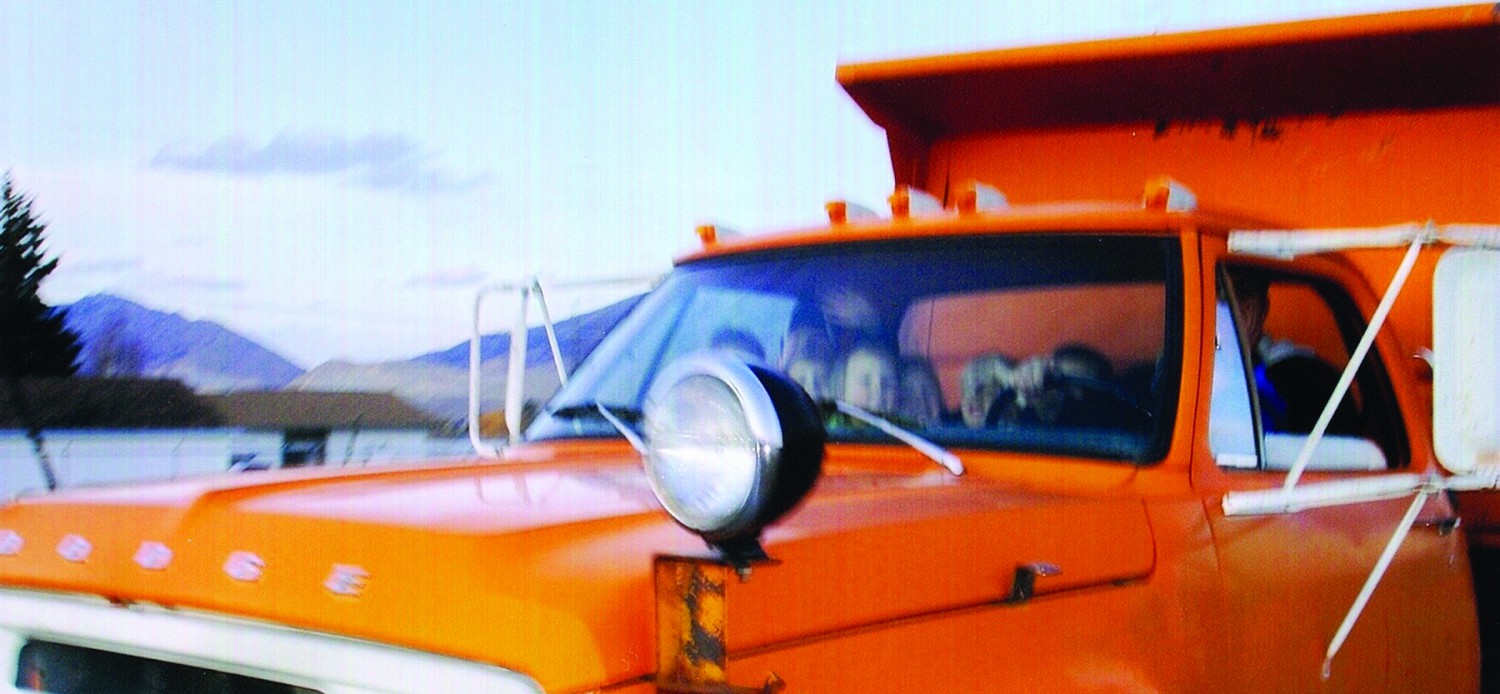Almost anyone can be a member of a labor union. These photos and stories and many more are included in the book WE ARE ONE: Stories of Work, Life, and Love. By Elizabeth Gottlieb Foreword by Danny Glover
I had the tremendous honor of interviewing a wide variety of workers from coast to coast. Studs Terkel inspired but with self-portrait photography and illustrations, the book reveals a great diversity through the personal stories of union members. It is a celebration of people from all walks of life, exploring not only their workplaces but life events and ideas about success, inspiring reflection and thought amongst its readers: Ken Howard and Roberta Reardon, then co-presidents of the Screen Actors Guild, convey a bit about acting, Captain James Ray tells what it is like to be an airline pilot and race car driver, and how those occupations steer his parenting. Tony Clark informs us as a retired pro ball player that it’s harder to stay in the major leagues than it is to make it there in the first place. We hear from musicians, laborers, teachers, journalists, auto workers, nurses, a ballet dancer from the San Francisco Ballet, a West Virginia coal miner, filmmaker John Sayles, and many others. We Are One is an introduction to today’s labor movement from a personal perspective and a much needed answer to the all too common negative stereotype of unions.
Regarding We Are One: Stories of Work, Life, and Love:
“…The experiences of their lives, friendships, love, and meaningful work. These are the things that make life worth living and this book tells that story.”
-Danny Glover, from the Foreword
“This book gives us accounts from people we rarely hear from in policy debates…The set of views from a diverse group of people across the country will change how you think about union workers.”
-Dean Baker, Co-Director, Center for Economic and Policy Research
“We Are One: Stories of Work, Life and Love, takes us into workers’ lives, where we see the joys and challenges that shape who they are. Most of all, we see the dignity of work and the pride in a job well done that shine in everyone, from a professional athlete to a doorman, a filmmaker to a cookie-packer. We also see the difference a union makes in the lives of working families…”
-Richard L. Trumka, President, AFL-CIO
“We Are One: Stories of Work, Life, and Love…is quilt-like in its design, each story woven into a pattern around the questions posed in the interview, with most of the threads in bright colors…These are people we want to get to know.”
“The voices captured in this book are well worth listening to, and, as we learn about their lives, we understand a few important things in a fresh way that we thought we already knew.”
Jane LaTour, Labor Press
“…as a showcase for the benefits wrought by contemporary unions, it shines.” Eleanor J.Bader, Truthout













